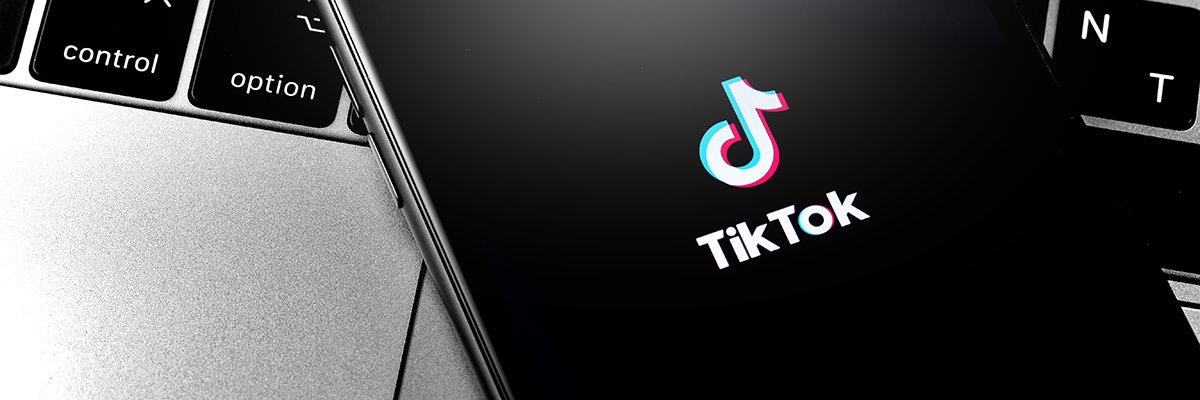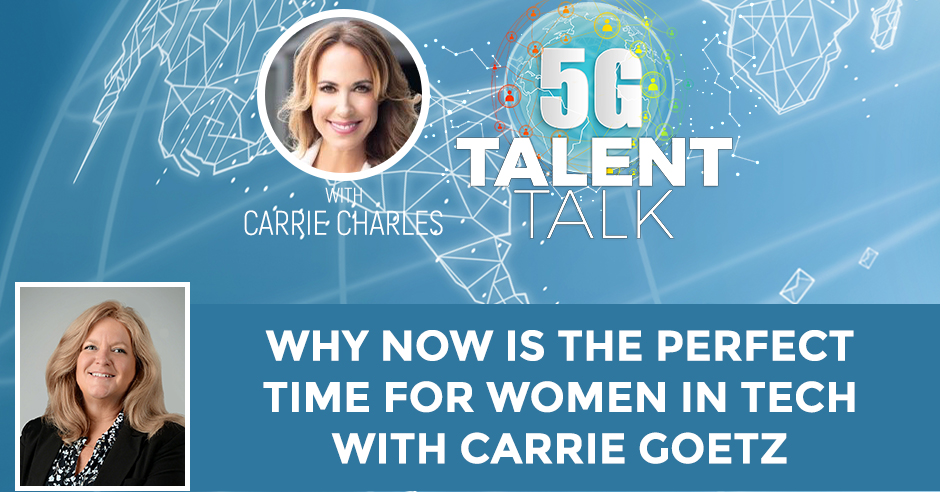The implementation of a wide-ranging and disruptive ban that would have stopped American citizens from downloading video-sharing app TikTok – and tech companies from supplying it with services – has been stayed following an emergency judicial hearing on Sunday 27 September at the US District Court for the District of Columbia, Washington DC.
The currently sealed judgment was handed down by judge Carl Nichol yesterday after TikTok’s lawyers successfully argued that the proposed ban would infringe its rights under the First Amendment of the US Constitution, which states no law can be made “abridging … freedom of speech, or of the press”, as well as the Fifth Amendment, which covers the right to a fair trial.
The ban, which was imposed by an executive order (EO) from US president Donald Trump, would otherwise have come into effect at 11.59pm local time (4.59am in the UK) on 28 September.
A TikTok spokesperson said: “We’re pleased that the court agreed with our legal arguments and issued an injunction preventing the implementation of the TikTok app ban. We will continue defending our rights for the benefit of our community and employees. At the same time, we will also maintain our ongoing dialogue with the government to turn our proposal, which the President gave his preliminary approval to last weekend, into an agreement.”
The US Department of Commerce countered, saying the EO that the ban fulfilled was fully consistent with the law and promoted the US’s legitimate national security interests.
“The government will comply with the injunction and has taken immediate steps to do so, but intends to vigorously defend the EO and the secretary’s implementation efforts from legal challenges,” said a spokesperson.
TikTok had described the ban as “irrational”, saying it would have grave consequences. John Hall, who represented the firm, said that to shutter it on the eve of a divisive presidential election was the equivalent of the US government barring access to a public forum or “roping off that town square”.
It also said that to impose a ban made no sense when negotiations were still ongoing over a potential partnership agreement that is supposed to address some of the US’s concerns over its national security. The core of Trump’s argument holds that TikTok is essentially spyware operated by the Chinese government – something it has vigorously denied.
Its parent, ByteDance, currently has until 12 November to confirm and approve the partnership with Oracle and supermarket chain Walmart.
However, at the time of writing, the status of this deal was highly uncertain, as it remains unclear if it will win favour from the Chinese government, or if, having made contradictory statements, the increasingly erratic Donald Trump is entirely aware of exactly what the deal entails.
Since springing to increased prominence after its global user base spiked during the Covid-19 lockdown, TikTok has made numerous changes to its service to address some of the concerns.
These include expanding its community guidelines with new policies to counter misinformation and disinformation; fact-checking programmes and educational PSAs to address misleading content, such as Covid-19 conspiracy theories or QAnon; and youth safety features.
“Hundreds of millions of people around the world come to TikTok for entertainment, self-expression and connection. Our focus remains on promoting a safe app experience that fosters joy and belonging among our growing global community,” said the firm’s US public policy and safety heads, Michael Beckerman and Eric Han.













